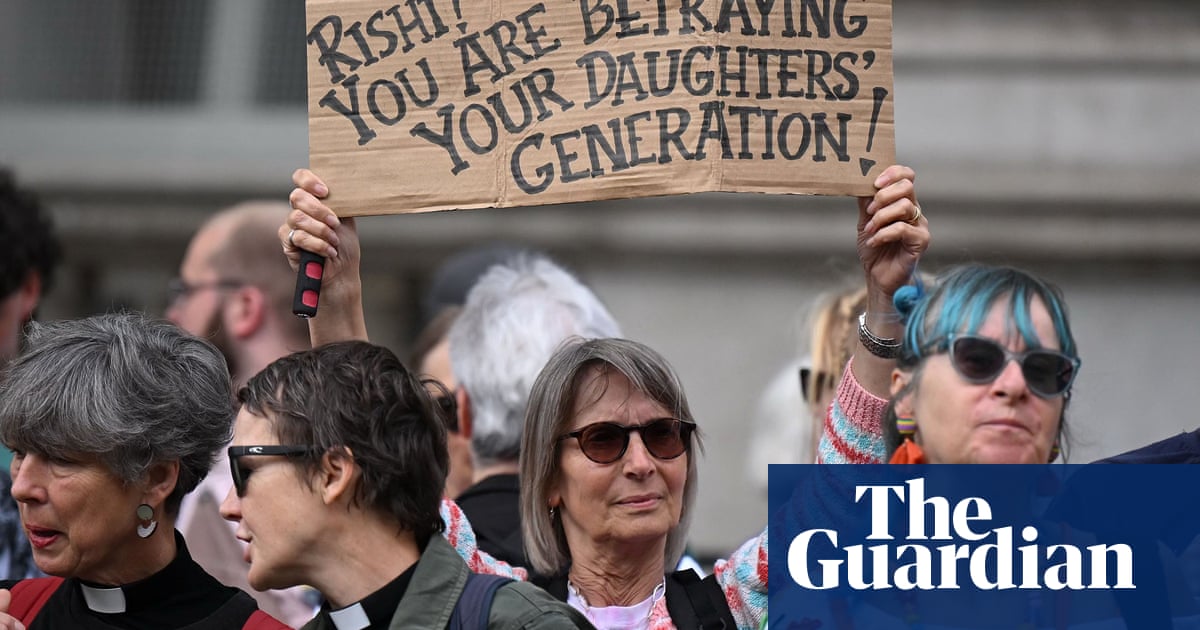
MADRID, Nov 18 (Reuters) - Dissident Yunior Garcia said on Thursday the protest movement he spearheaded in Cuba would carry on without him despite his leaving the communist-run island for self-exile in Spain.
Garcia said he traveled to Spain after the authorities cut his phone lines and those of his close relatives, and threatened them with reprisals if they joined protests.
The activist, 39, whose plan for a mass protest on Monday was declared illegal and blocked by authorities, arrived in Madrid on Wednesday after securing a visa from the Spanish government.
Garcia, a playwright who at times fought back tears at a news conference in Madrid, said he had expected police to stop or threaten him as he made his departure from Cuba.
He believes the Cuban government let him leave as a way to silence him and prevent him becoming too strong a symbol in his homeland. He left to give a voice to those being suppressed, he said.
Asked whether he feared the movement he led, Archipelago, might lose steam without his presence, he appeared conflicted but defended its lasting strength.
"It"s not about one person, it"s not about an individual. We have to break with this vicious cycle in Cuba of believing some messiah has all the answers," he said.
In Havana, a Cuban government source told Reuters it would not address Garcia"s statements because it was "not necessary to comment on a person who has already discredited himself".
The government, on state-run and social media prior to Monday"s planned protest, has alleged Garcia was working covertly with the United States to overthrow the state, a charge denied by Washington.
Garcia said he had "never received a cent from Washington".
State-run media on Thursday criticized Garcia"s decision to leave, saying he had left "by his own means" and that his departure had left Archipelago in limbo.
Garcia appealed to critics who accuse him of abandoning fellow protesters to understand the pressure and potential danger his position in Cuba put him and his family in.
His relatives were told they would lose their jobs and could go to jail if they took part in protests, he said.
He nevertheless has said he was deeply conflicted about leaving Cuba as his exile had caused some strife among dissidents still on the island.
"I suffer crises of conscience, I judge myself and try to figure out if I"m doing the right thing," he told Reuters.
Garcia said the government was acting like "an abusive husband" towards its people, calling it "a dictatorship and brutal tyranny".
He also criticized the United States, saying the embargo imposed on the island is helping the current government. He said he hoped to have an opportunity to address the U.S. Congress about the situation in Cuba.
Garcia became a central figure in Cuba"s dissident movement following protests in July that drew thousands onto the streets to demonstrate against shortages of basic goods, curbs on civil liberties and the handling of the coronavirus pandemic.
They were the largest anti-government protests since Fidel Castro"s 1959 revolution. Castro died in 2016.












